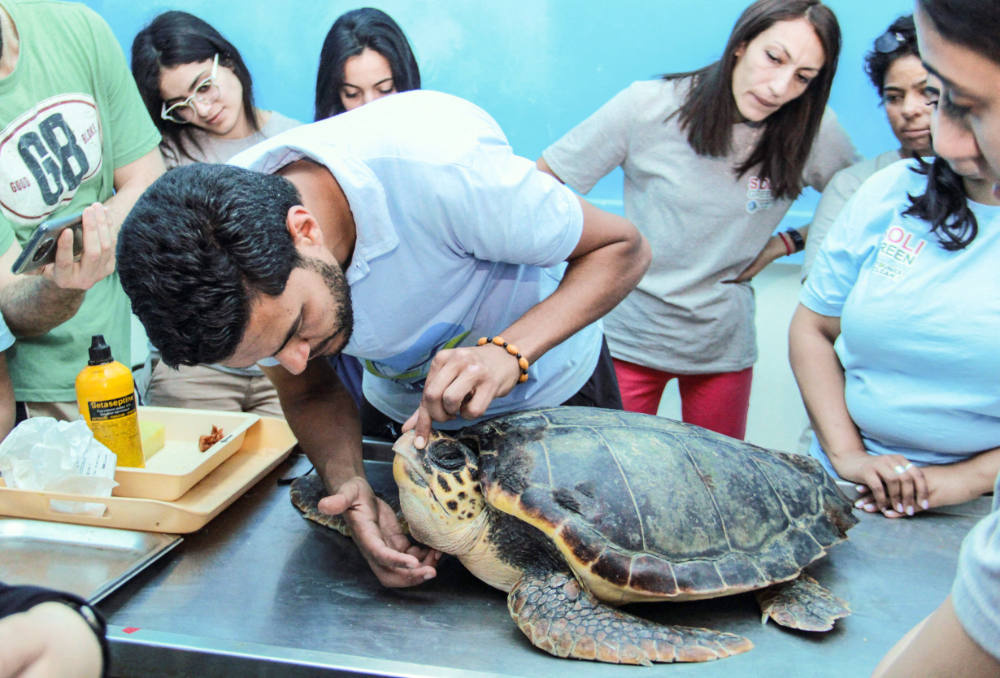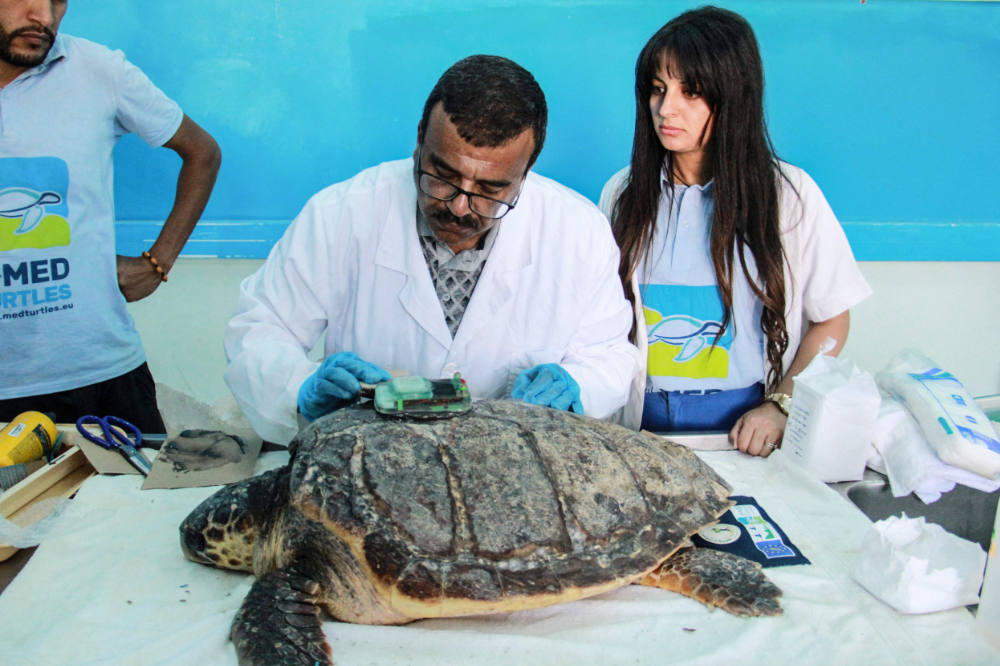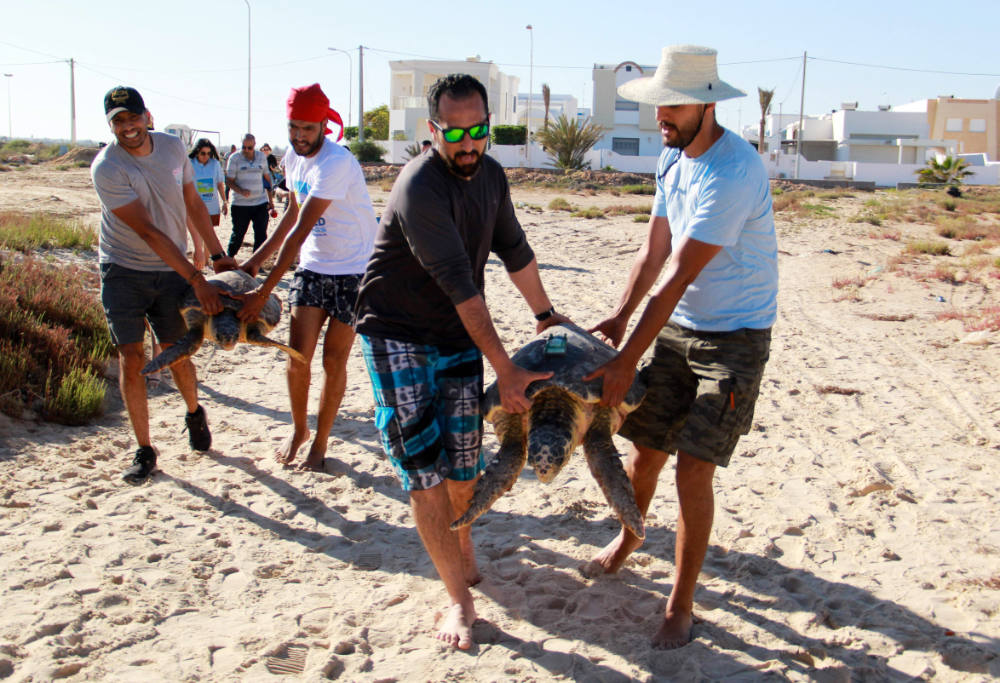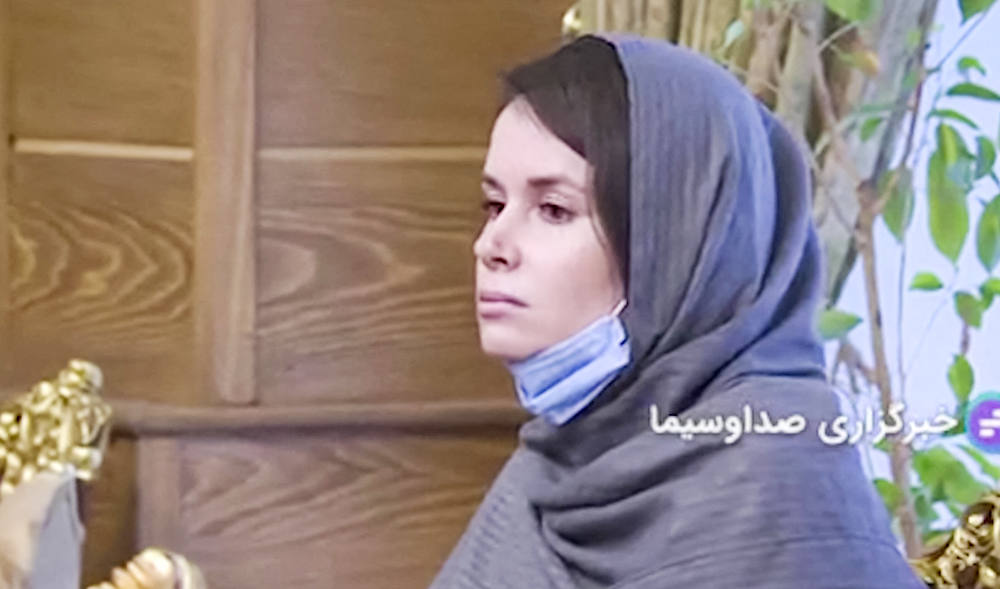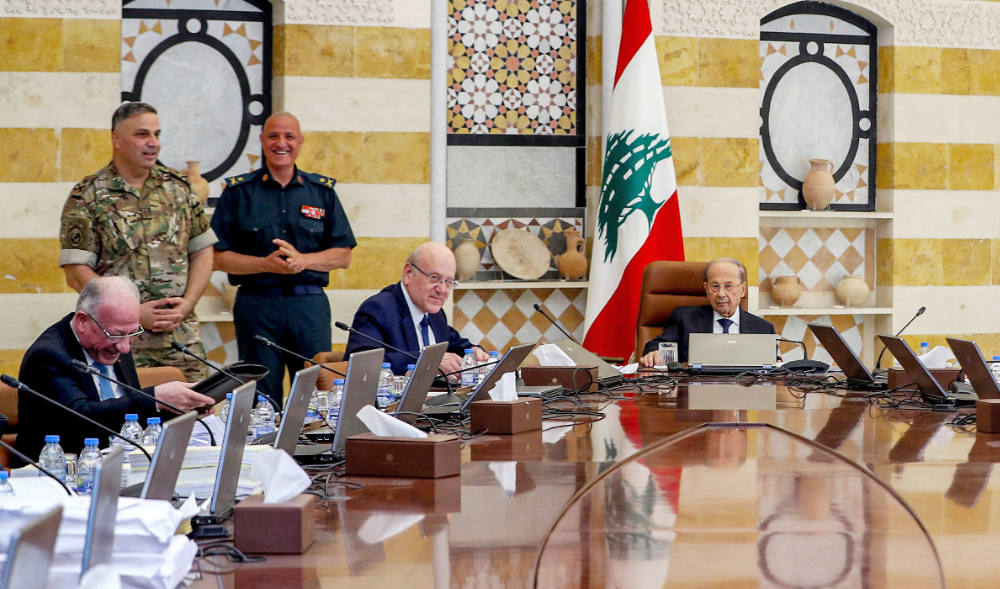BEIRUT: The mandate of the newly elected Lebanese parliament begins on Sunday amid warnings that any delay in the country’s economic recovery plan would have a high cost. The term of the previous parliament expired on Saturday.
Lebanese President Michel Aoun said the government of Najib Mikati was considered to have resigned based on the constitution.
Aoun expressed his appreciation to the prime minister and ministers, asking the government to act in caretaker mode until a new government was formed.
The Cabinet held its final session on Friday fraught with last-minute decisions, including the approval of the economic recovery plan, amid objection from the ministers of Hezbollah and the Amal movement.
FASTFACT
The Cabinet held its final session on Friday fraught with last-minute decisions, including the approval of Lebanon’s economic recovery plan.
Mikati said: “Deposits of up to $100,000 will be fully protected,” stressing at the same time that there was “no economy without banks.”
The financial strategy in the plan includes a program to restore financial solvency “as a priority to enhance confidence in the state.”
In the medium and long term, it aims to put the debt on a regressive path through the introduction of gradual financial adjustments accompanied by permanent and strategic debt restructuring reforms.
The government also expects to cancel a large part of the Central Bank’s foreign currency obligations to commercial banks.
The Cabinet approved an increase in the telecommunications tariff, starting July, accompanied by the formation of a ministerial committee to review the remarks from the communications minister’s plan.
It did not approve the item related to the customs dollar after the finance minister withdrew it from the agenda “to avoid public anger.”
The Cabinet approved allocating $35 million for chronic diseases and cancer drugs, provided that the amount was secured by the Housing Bank in US dollars, which would be enough for four months.
Mikati warned: “Any delay in the recovery plan will have a high cost. Had we resolved this two years ago, the cost would have been much lower.”
He stressed that rescue opportunities were only available through the International Monetary Fund, and the Central Bank should set the necessary standards to ensure the growth of the economy.
He criticized the attempts of some to prioritize their interest over the public interest, indirectly finding fault in how the Free Patriotic Movement had handled the electricity crisis.
“I personally received two offers from companies willing to operate the Al-Zahrani and Deir Ammar plants to produce electricity on gas at excellent prices. A consulting office was assigned to study the two offers, but unfortunately, the minister of energy withdrew this item from the Cabinet’s agenda to be further discussed.”
MP Ashraf Rifi, commenting on the electricity issue, said on Saturday: “What Mikati said about withdrawing these offers from the Cabinet’s agenda constitutes a continuation of a major crime committed against the Lebanese immersed in darkness. Hezbollah-backed Gebran Bassil is the one to blame.”
Bassil, he added, had taken over the Ministry of Energy since 2008 “as if it were his personal property, with all the failures, waste, and corruption practiced within it, and the Lebanese are paying the price.”
Rifi called on sovereign and reformist MPs to make the electricity issue their priority, agree on a plan of action, and hold those involved accountable.
The International Support Group for Lebanon has called on adopting the necessary legislation to secure economic stability in Lebanon, strengthen governance, and implement the reforms that Lebanon and its people urgently need to bring the country back up on its feet.
The ISG also called on all concerned parties to move quickly to form a government that can implement the vital reforms that are long overdue and to continue working with the IMF, including implementing the prior measures that Lebanon committed to in the staff-level agreement on April 7 to lay solid foundations for the sustainable social and economic recovery of Lebanon.
The US State Department urged the elected MPs and political leaders to respond to the Lebanese people’s call for change and to work seriously and urgently to take the necessary measures to save the economy.
It called for the rapid formation of a government that was capable and committed to carrying out the serious work required to restore the confidence of the Lebanese people and the international community.
The elected parliament is meanwhile preparing to elect a speaker and deputy speaker.
The Development and Liberation bloc announced Najib Berri’s nomination for the parliament speaker position at the end of a meeting headed by him. He has headed parliament since 1992 and nobody is running against him.
If Berri is elected by acclamation, this will be his seventh term.
The bloc stressed the need for the caretaker government to carry out its duties in the transitional period and follow up on issues that concerned people and their economic and social problems, especially controlling the exchange rate and securing fuel, bread, and other needs.
The FPM, the Lebanese Forces Party, and independent and reformist MPs are against Berri’s nomination.
Member of the Development and Liberation bloc, Dr. Michel Moussa, told Arab News: “In this defining stage, parliamentary blocs communicate with one another to voice their positions on Berri’s candidacy, while it is only natural for him to be running.”
He explained that the blocs would hold their meetings next week. “But in Lebanon, everything is decided at the last minute.”
As of Sunday evening, the elected MPs will have 15 days to elect the speaker, said Moussa.
Otherwise, the process of assigning a new prime minister to form the next government would be disrupted, provided the caretaker government continued to function until a decree to form the new government was issued.
“All these things will become clear next week.”
